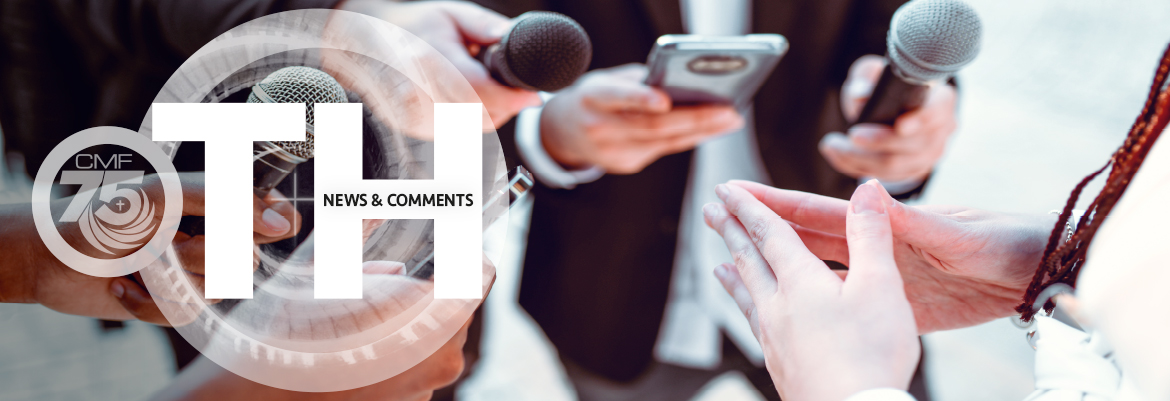Canada has now overtaken Belgium, embedding the practice right from the introduction of its 'medical assistance in dying' (MAID) legislation.
A recent worldwide scoping review of ODfE found that 39.7 per cent of the papers were from Canadian experiences. Canada leads the world in harvesting organs from the euthanised.[2] One study of Canada, Belgium, the Netherlands, and Spain, found 286 donors seeking euthanasia donated organs to 837 people; nearly half the donors (136) came from Canada.[3]
Very recently, Canadian policy guidance was updated. Several new recommendations are of concern, including:'…patients who are potentially eligible for organ donation should be approached for first-person consent for donation after MAID once MAID eligibility has been confirmed… 'Organ donation organisations and transplantation programs should develop a policy on directed deceased donation for patients pursuing MAID, in alignment with the directed donation principles and practices that are in place for living donation in their jurisdiction.'[4]
Thus, should a person requesting euthanasia have a relative in need of an organ, such a 'directed donation' after euthanasia could easily add pressure for the donor to go ahead with their death. Meanwhile, Canada has once again postponed a decision on offering MAID solely for psychiatric distress. Experience in other countries where ODfE is already offered to those with mental disorders shows why organs from such cases are especially desirable for transplantation. These patients are often very young and have organs that may consequently last for decades. One study in the Netherlands shows that between 2012 and 2022, whilst psychiatric cases only constituted two per cent of all patients given euthanasia, they accounted for 29 per cent of all organ donors following euthanasia.[5]
Public trust is crucial to to maintaining deceased and living donations. Those wanting to take things a step further than ODfE by promoting euthanasia by the removal of vital organs (ERVO) show themselves all too aware of this when they state:
'Regardless of a possible change in the law, it is crucial to avoid that the general public is given the impression that there is a "hunt" for organs, to take vital organs from a living patient.'[6]
ERVO is the next logical step in the relentless progress of what a medical colleague calls 'organ greed'. Euthanasia by removing the heart from unconscious anaesthetised but living patients would maximise the use of organs. While ERVO would undoubtedly violate the dead-donor rule, calls to scrap that rule have existed for at least a decade.[7] Though the utilitarian cases for ODfE and even ERVO are overwhelming, from a biblical perspective, we should not 'do evil that good may result'. (Romans 3:8) Euthanasia and assisted suicide are both unjustified evils,[8] even if others may live longer as a result of receiving the organs of those whose lives have been so ended.






























